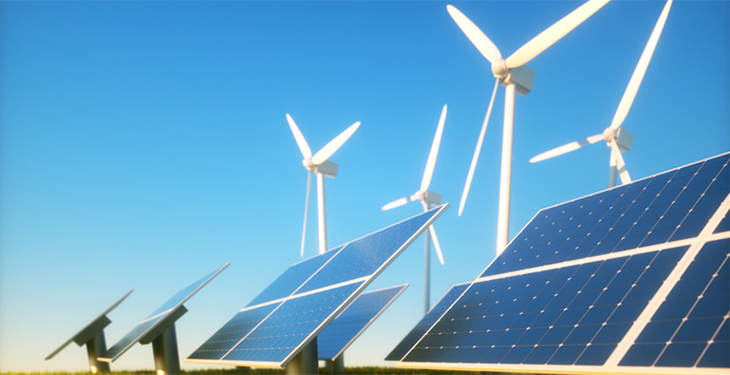Germany’s expansion of renewable energy will be unable to keep up with future demand, leading the country to miss its 2030 renewable power share target, say researchers from the Institute of Energy Economics at the University of Cologne (EWI) in an article in Handelsblatt.
In an analysis based on the government’s climate package, experts from EWI estimate that Germany’s annual gross power consumption will rise by up to 26 percent by 2030 – to 748 terawatt hours (TWh) – compared to 595 TWh in 2018. “On the one hand, this is due to the desired breakthrough of electric mobility, but we also expect a significant increase in electricity consumption in the heating sector,” said Max Gierkink from EWI.
Meanwhile, the German government has projected gross power consumption to fall by 5 TWh by 2030. This means that Germany would have to make “very, very large efficiency gains”, Matthias Deutsch from think tank Agora Energiewende told Handelsblatt. EWI estimates that renewable power production will increase by 53 percent by 2030, but when taking rising demand into account, this will still not be enough to cover even half of the country’s power consumption.
